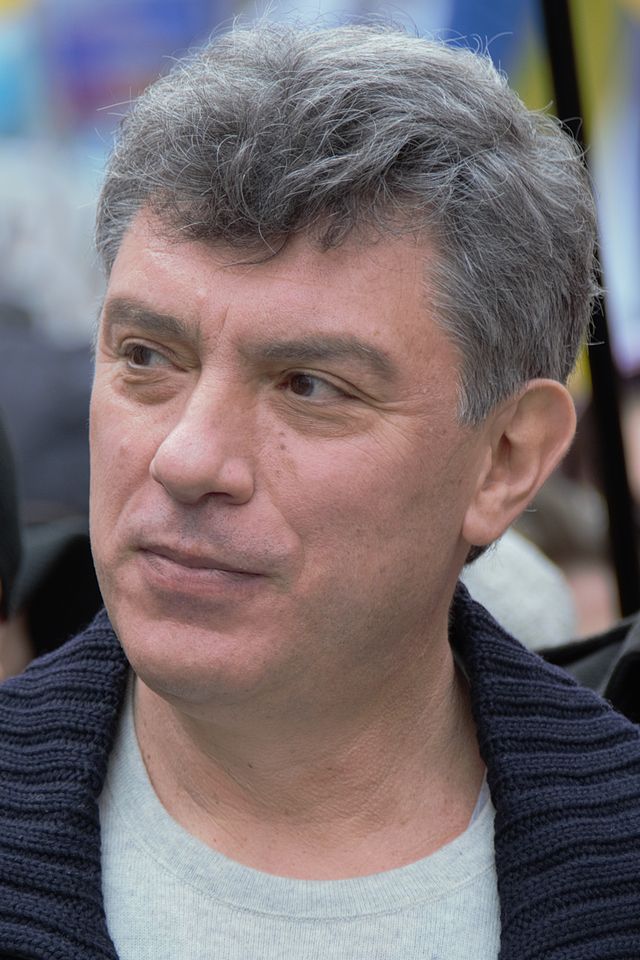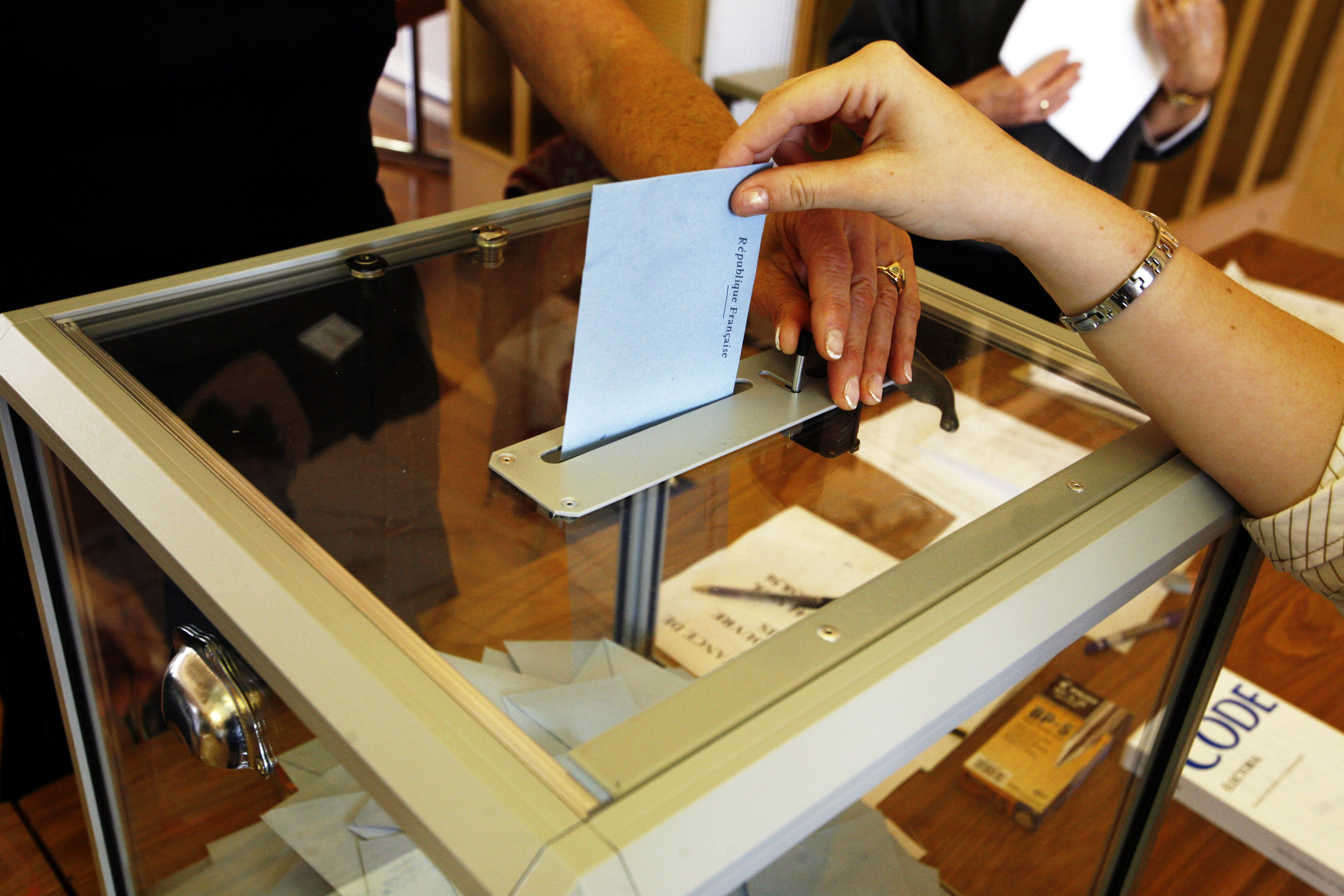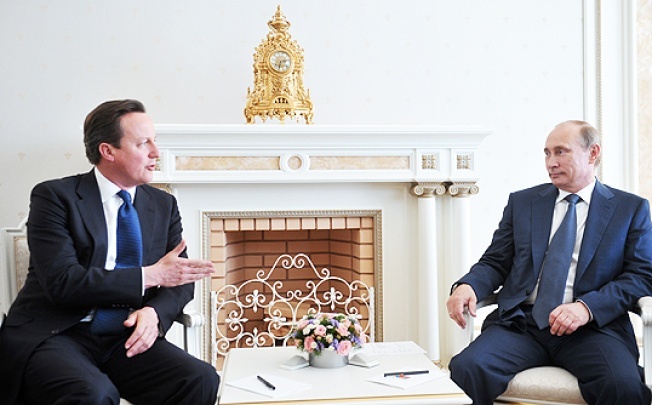By Simon A. Miles
Following the spate of political protests which transpired in Russia during late 2011, many in the West have wondered what the Putin regime’s response would be. In an earlier article, I argued that Putin would not play the role of Nicholas II in this turbulent time. Recent events have borne this prognosis out. However, what is transpiring in Russia is patently little more than window dressing.
This process first manifested itself during President Dmitry Medvedev’s final address to the Russian Federal Assembly as President of the Federation, on 22 December 2011. In it, he proposed political reforms focused on two key areas: returning to the practice of direct elections of regional governors and facilitating the creation of political parties in order to broaden political engagement. One of the many idiosyncrasies of the current Russian political system is that some regions are effectively unrepresented in the State Duma (parliament), a state of affairs he hopes to rectify by introducing a more proportional system of representation. Russian dissidents have relied heavily on the internet to rally support and organize their actions. This not only enabled them to evade the censorship which runs amok throughout Russia’s media; but also is a necessity in so massive a country. Putin is attempting to co-opt this, appealing directly to heavy users of the internet (he himself proudly uses it only infrequently) to participate in a web discussion on the Russian political system. Furthermore, the Kremlin has sacked Vladislav Surkov, the former head of the presidential administration. Surkov is publically seen as a key architect of Putin’s “managed democracy” system and his dismissal is believed to have been an attempt to placate opposition elements. That he was also largely responsible for United Russia’s poor showing in the recent elections (and therefore likely being punished by the Putin regime) has not gone unnoticed.

In a recent press interview, however, the new State Duma Speaker dismissed suggestions that these measures were responses to popular protests. Rather, insists Sergei Naryshkin, these measures predate the summer of 2012. Indeed, for all this pacification, there is a great deal of evidence that the fundamental nature of the Putin regime has not changed. All of the aforementioned examples of the softening image of the Putin regime have been heavily equivocated by said regime. In Medvedev’s address, after suggesting these two areas of reform, he transitioned into an attack against provocateurs and those seeking to overturn the results of the elections. Such talks have been ruled out entirely – save for through legal channels – by Putin. Meanwhile, further restrictive laws have been passed, such as instituting a one-year sentence for insulting state officials, and releasing a lengthy and bizarre discourse on how Western states (Canada included) are equally guilty of human rights violations as Russia allegedly is. Anti-Western sentiment (which has a history of playing well politically in Russia) continues to be espoused by the state. Most recently, the head of Russia’s space program blamed the five major and high-profile failures his organization faced on foreign forces.
A recent editorial by The Moscow Times offers a different historical parallel for Putin to emulate from Nicholas II: Pyotr Stolypin, Tsar Nicholas II’s prime minister, who mixed strict discipline with intelligent reforms. The fact that Stolypin was assassinated in 1911 by radicals who deemed his reforms inadequate notwithstanding, this seems to be the model the Kremlin is attempting to emulate. The Kremlin is being nudged in this direction by the leadership of the Russian Orthodox church – still a major force in Russia – whose Patriarch, Kirill I, declared in a television interview that it would be “a very bad sign” if the country’s leaders failed to heed recent protests over perceived electoral fraud.

In short, this is a situation which will continue to develop in the run-up to the 2012 presidential elections which Putin is expected to win (in all probability legitimately). The Kremlin must balance the need to save face with the impetus to maintain control over Russia.
Further reading: Putin’s 3 Choices; The gray cardinal leaves the Kremlin; Head of Russian Church Says Leaders Must Listen to Protests; Medvedev calls for major reform of Russia’s political system



